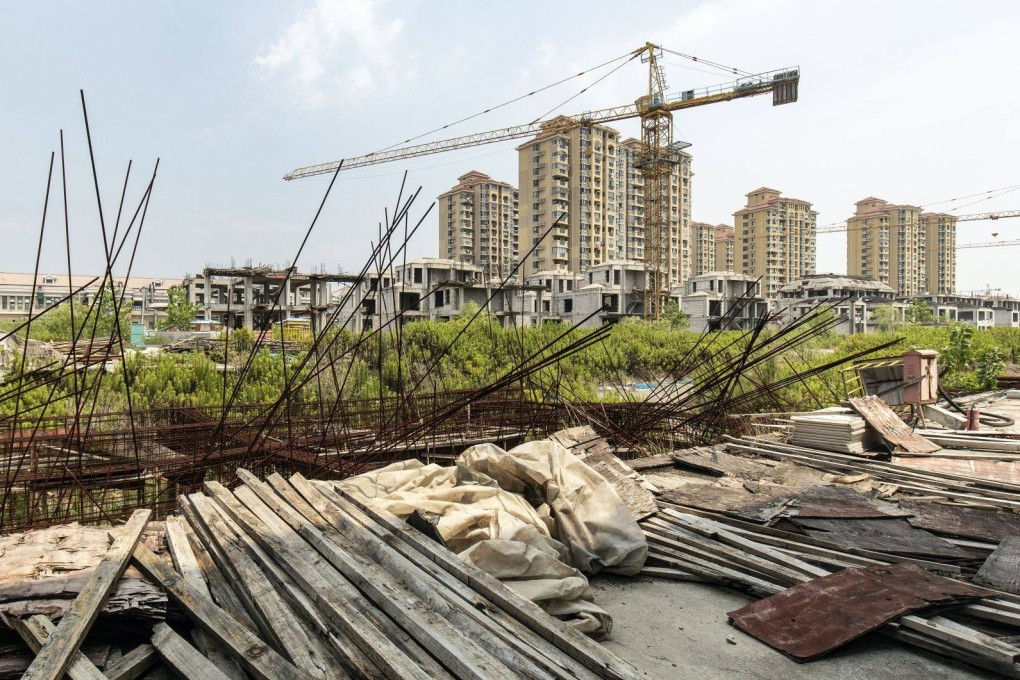Advertisement
Macroscope | How China can avoid a property market disaster, without having to bail out developers
- Beijing’s insistence on housing being for living in rather than speculation suggests a bailout for the sector will not be forthcoming
- Instead, there needs to be a focus on managing risks in the short term, finding new growth engines in the medium term and eventually reshaping the housing market
Reading Time:3 minutes
Why you can trust SCMP
4

The unfolding crisis in China’s real estate market has put tremendous pressure on an economy already struggling against the Covid-19 pandemic. The easing of local policies has so far failed to arrest the market decline, and Beijing has shown little appetite for altering its stance of “housing is for living, not speculation”.
Advertisement
How can China get out of this mess? There are three areas of policy action necessary to get the market on a sustainable path.
First, there must be a short-term focus on managing risks. The insistence that housing is not for speculation suggests Beijing is prepared to endure a painful adjustment. A wholesale bailout of the sector that kicks the can further down the road appears less likely than in previous downturns. As such, the government’s near-term focus is likely to be managing the adjustment’s fallout rather than preventing it.
Recent reports of homebuyers halting mortgage payments are evidence of the crisis spreading to the wider economy. While the scale of the problem looks small, the risk of the boycotts snowballing into a bigger crisis cannot be ruled out. So far, concerted action by the authorities and state-owned financial institutions appears to have been successful in managing the situation.
However, the job of risk management is far from over. The collapsing property market has inflicted pain on many related industries. Beijing’s infrastructure push has helped pick up some slack in upstream industries such as steel and cement, and consumption vouchers have cushioned the blow downstream.
Advertisement
However, these offsets are insufficient amid the effects of the housing downturn. Hence, the policy focus in the coming months will remain on ring-fencing troubled developers and managing the spillover effects of the market turmoil.

Advertisement
